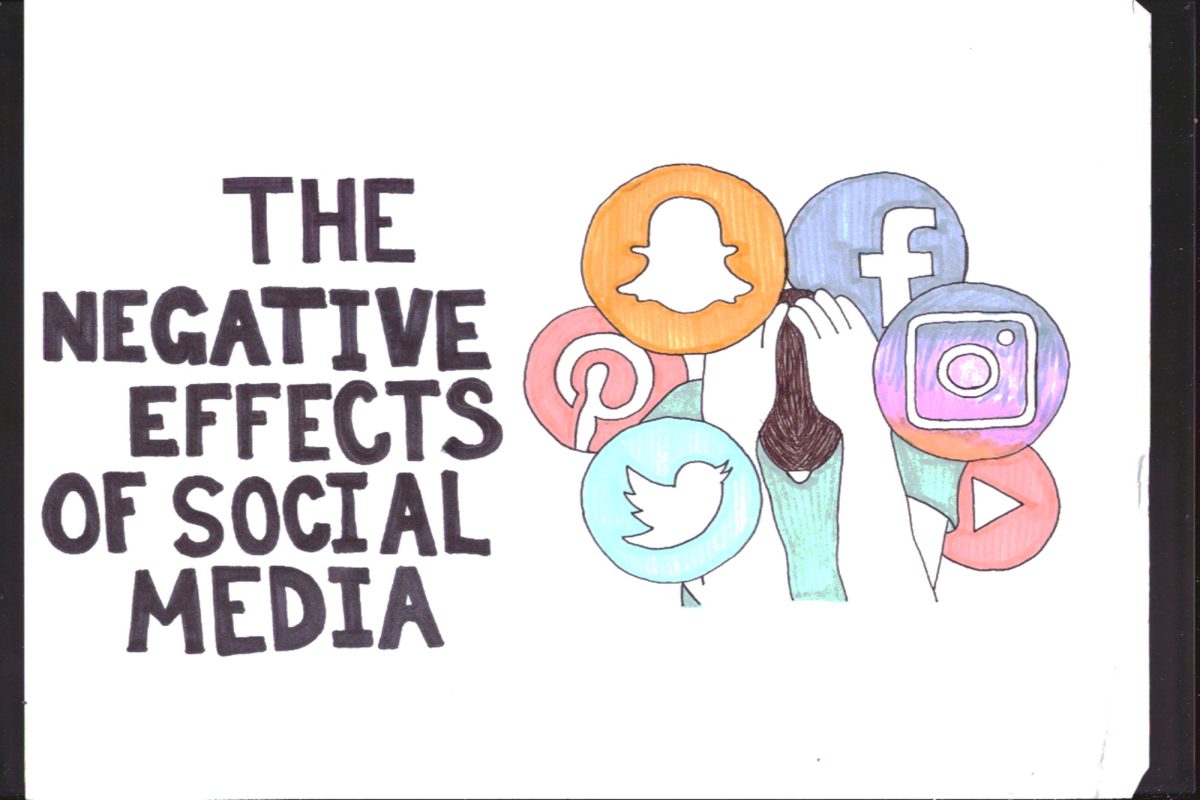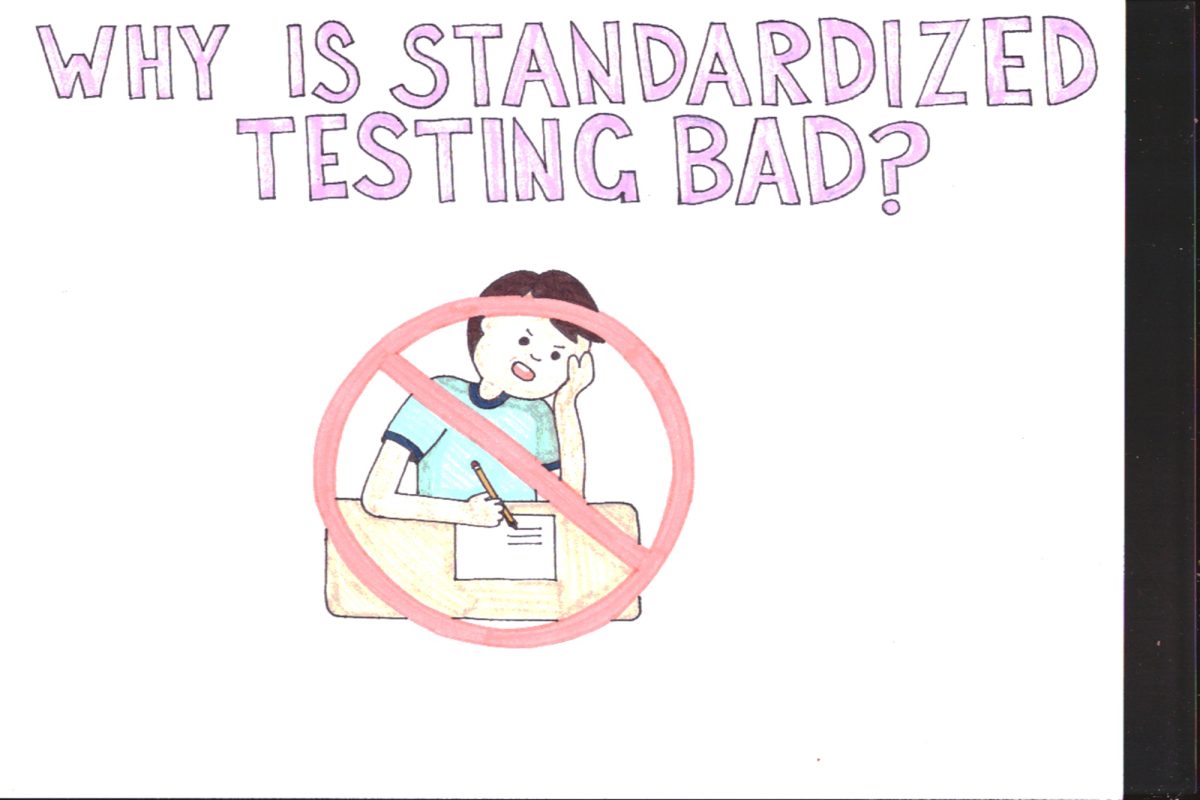“To suppress free speech is a double wrong. It violates the rights of a hearer as well as those of the speaker.” -Frederick Douglass.
As the election begins to gear up, government classrooms are discussing more and more about current events and what’s happening in the media right now. Students at this time are just beginning to form their personal opinions on these topics as they’re reaching the age to vote.
While students may disagree on larger issues politically, it is important to discuss both sides in school in order for the conversation to be as inclusive of all opinions as possible.
The most important part of discussing politics in school is providing context and increasing knowledge neutrally so that students can broaden their political understanding. Generation Z is very new to politics, and they tend to be misinformed. According to the Pew Research Center, 32% of 18 to 29 year olds are getting most of their news regarding politics from TikTok. This is not a reliable source for people to be basing their political opinion on, the app provides little to no credibility and news can be fabricated easily from users.
Teachers need to step in and open the door to beneficial political discussions, that are inclusive of all opinions and ideologies. Sensitive topics need to be discussed in the classroom so that students are able to learn facts about them and form a personal opinion. Staying informed when it comes to political topics is always better than keeping it under wraps.
When government classes are taught effectively, it provides students with the necessary materials to stay engaged and informed. According to a 2016 survey by the Annenberg Public Policy Center, only 26 percent of Americans can name all three branches of government. This shows the urgency to make government more of a priority in school systems.
Educators should also have the freedom to make politics a part of the curriculum when it comes to U.S. government and history. They have the right to free speech as well, and they should not be criticized for encouraging students to voice their opinions and talk about their own. Political education should remove the stigma and allow teachers to talk about policies and what they mean to themselves, and to others.
While free speech should be extended to the classroom, schools and educators need to make sure that all conversations are productive and respectful. Teachers sharing political views can broaden students’ perspectives, but they shouldn’t be taught what to think. As high schoolers are close to the voting age, they are still developing cognitively as impressionable young minds.
Teachers should give students the necessary materials for them to develop their own opinion politically. Students may feel apprehensive about sharing their thoughts and opinions when their teacher disagrees. They could be afraid of getting a bad grade, or getting in trouble. Teachers have a large influence over students’ behavior and how they respond to the material. According to Rise Multi Academy Trust, 75% of students said that teachers are who they currently look up to most.
Furthermore, topics of religion are not allowed to be discussed in the classroom by teachers. So why shouldn’t politics have the same principle? Political topics can easily be misrepresented when a teacher’s opinion is encouraged. It’s hard to draw the line between teaching and preaching. Teachers may begin to blur it when they are educating their students.
The environment in a government classroom should always remain civil. Students should converse with another on their thoughts in order to contribute to a well-rounded conversation. School districts need to put rules into place that allow for free speech, while preventing hate or confusion. Instilling in students that the classroom is a safe space that is open to all opinions is a great step forward in the right direction.
If we as a society shield the youth from controversial subjects, they will become more likely to be misinformed and easily swayed. When it comes to politics, schools need to make sure that students can base their opinion on widespread knowledge taught to them from both sides.
We need to take the sensitivity out of classrooms in regards to political topics. Concealing a discussion just to avoid disagreement goes against the principles that our nation stands on.
A government class is completely different from math and science, the rules can be challenged and discussed. While x=2 in Algebra, students don’t need to provide one answer for political questions in school.
We need to encourage students to stay informed and participate in elections. The only way that students can have their voice heard is to get out and vote when the time comes. The Virginia Department of Elections website is a great place to start by registering to vote. Political officials that share similar views can help represent students and what they want to fight for in their national government.







